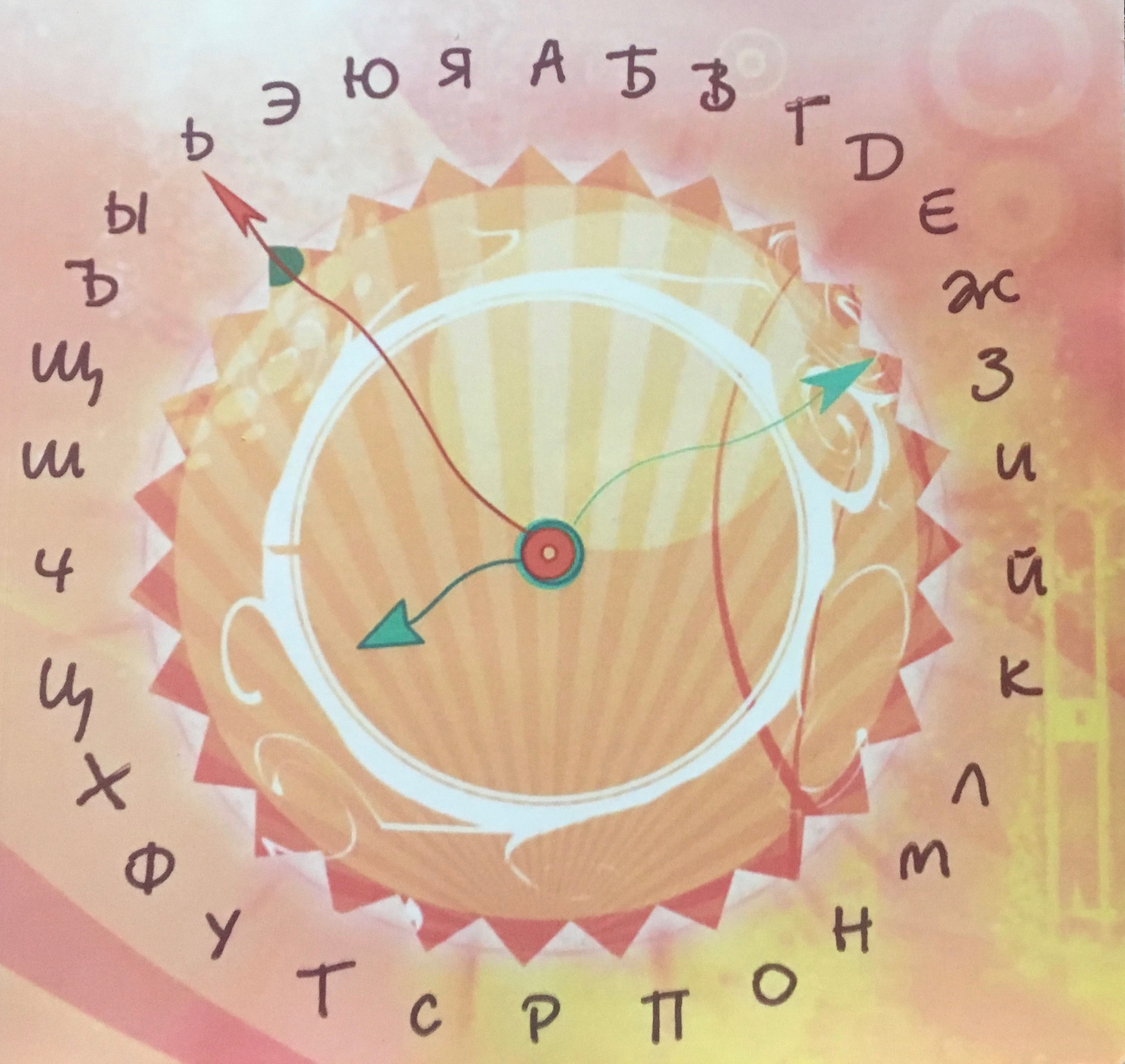
In this short article, I want to tell you why Russian is difficult and why it’s not so difficult at the same time. How to understand Russian.
Right, I have not made the mistake of saying that Russian is not hard! I really know the nuances that do not present any difficulties, but I’ll start with the hardest points.
When asking students what is especially difficult for them in studying the Russian language, the most common answer is “the cases”. There are six cases in the Russian language, and, of course, I understand why they are complex for you: Because you didn’t pass my course Russian Cases. If you want to learn Russian, sign up on my website and enrol on this course.
Another thing that makes the life of students more complicated is the Cyrillic alphabet. Some sounds, such as “ы”, are a real problem. A lot of students try for months to pronounce this sound correctly. It’s the same story with hissing sounds: «ш», «щ» and «ч». Many students do not understand why the soft and hard signs are so important and how to distinguish between them.
In Russian there is no single rule that regulates stress. You just need to take a dictionary and memorize the stress patterns of new words or remember words that catch your ear.
Since, in Russian, word order is flexible, the meaning of the sentence is often indicated by our intonation. Therefore, if you do not feel the intonation (that Russians feel subconsciously) you can misunderstand the meaning of the sentence.
For example: Я буду есть кашу/ Я буду есть кашу/ я буду есть КАШУ
I am going to eat porridge – we tell someone about our intention to eat
I am going to eat porridge – a person says that it is he (not someone else) who will eat the porridge
I am going to eat porridge – a person says that he will only eat porridge, not another dish
With interrogative sentences the same applies – there is no strict order. The word we want to ask a question about is highlighted through our intonation, and at the end of the sentence a question mark is added. In those cases, when there are words like Cколько? Почему? Зачем? they are usually put at the front of the sentence.
With the Russian language there are many exceptions as well as rules.
Don’t worry, even Russians make grammar mistakes despite the fact that they have studied the Russian language for 11 years at school, and that it is their mother tongue.
Well!! Now let’s get down to the most pleasant issue: Why is it easy to learn Russian?
Firstly, there are no articles. All words are used without special particles in front of them. This is an unusual point for those whose native language is English.
Secondly, Russian letters are relatively easy to perceive, in contrast to hieroglyphs, so you can learn to read relatively quickly.
Thirdly, although there are dialects in Russian, generally language differences are not very big. No matter where you go, you will be understood. It doesn’t matter where you are; in Moscow, Vladivostok, or Sochi, you will understand the speech.
In addition, the Russian language is very beautiful and sonorous. It easily falls on the ears. It’s like a song. This “song” is remembered easily if you actively listen to native speakers.
Finishing this article, I would like to share my favourite motto with you: Do not be afraid to start, be afraid of not starting… to learn Russian. My Russian online lessons are here.
1 responses on "How to understand Russian.Learn Russian."
Leave a Message
You must be logged in to post a comment.


All languages can be mastered if the right amount of dedication is applied, Russian however has its own unique set of challenges, advantages, benefits and disadvantages (thanks you for properly classifying them), so to learn the Russian language optimally, one has to know it’s subtle details and shortcuts, I encourage my fellow learners to analyze the language first, and then attack from the right angle. Удачи – Good luck.